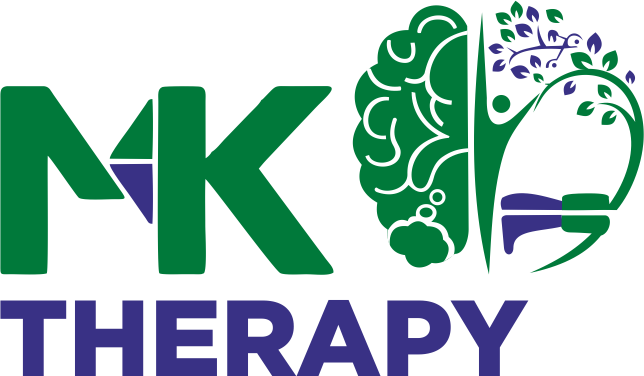Mood Disorder
Mood Disorders encompass a range of mental health conditions characterized by significant disturbances in a person's emotional state. These disorders can profoundly impact daily life, affecting relationships, work, and overall well-being.
Understanding Mood Disorders
Mood disorders are not merely fleeting feelings of sadness or elation; they involve persistent and intense emotional states that can disrupt an individual's ability to function effectively.
Common mood disorders include:
- Major Depressive Disorder: Characterized by prolonged periods of extreme sadness, hopelessness, and a lack of interest in activities once enjoyed.
- Bipolar Disorder: Involves alternating cycles of depression and mania, with mood swings ranging from depressive lows to manic highs.
- Seasonal Affective Disorder (SAD): Linked to reduced daylight, particularly in northern and southern latitudes during late fall to early spring, leading to depressive episodes.
- Premenstrual Dysphoric Disorder: Results in mood changes and irritability during the premenstrual phase.
- Persistent Depressive Disorder (Dysthymia): A chronic form of depression, often referred to as "high-functioning depression," where individuals experience a low mood over a long period.
- Disruptive Mood Dysregulation Disorder: In children, it manifests as chronic, severe irritability and frequent temper outbursts.
- Depression Related to Medical Illness: Involves a persistent depressed mood directly linked to the physical effects of another medical condition.
Prevalence and Demographics
- An estimated 21.4% of U.S. adults experience a mood disorder at some point in their lives.
- While mood disorders can develop at any age, the average onset is in the mid-20s.
- Women are nearly twice as likely to suffer from a mood disorder than men. However, men and women are equally likely to develop bipolar disorder.
Causes and Contributing Factors
The development of mood disorders is complex and multifaceted, often involving a combination of biological, genetic, environmental, and psychological factors:
- Biological Factors:
- Neurotransmitter Imbalances: Disruptions in brain chemicals like serotonin and dopamine can influence mood regulation.
- Brain Structure: Structural abnormalities in certain areas of the brain have been associated with mood disorders.
- Genetic Factors:
- A family history of mood disorders increases the risk of developing similar conditions.
- Environmental Factors:
- Trauma or Stress: Childhood trauma, significant life events, or chronic stress can contribute to the onset of mood disorders.
- Abuse or Neglect: Early-life experiences of abuse or neglect may impact emotional well-being.
- Lifestyle Factors: Substance abuse, poor diet, lack of exercise, and inadequate sleep can exacerbate mood disturbances.
- Psychological Factors:
- Cognitive Patterns: Negative thought patterns and distorted cognitive processes can contribute to mood disorders.
- Personality Traits: Certain personality traits, like high neuroticism, may increase susceptibility.
- Hormonal Changes:
- Fluctuations during puberty, pregnancy, or menopause can influence mood.
- Medical Conditions:
- Chronic illnesses, thyroid disorders, or neurological conditions may impact mood.
- Medications and Substance Use:
- Side effects of certain medications or substance abuse can contribute to mood disturbances.
Getting Started
If you or a loved one is experiencing symptoms of a mood disorder, seeking professional help is a crucial step toward effective management and improved well-being. At MK Therapy, I am here to support you on this journey.
